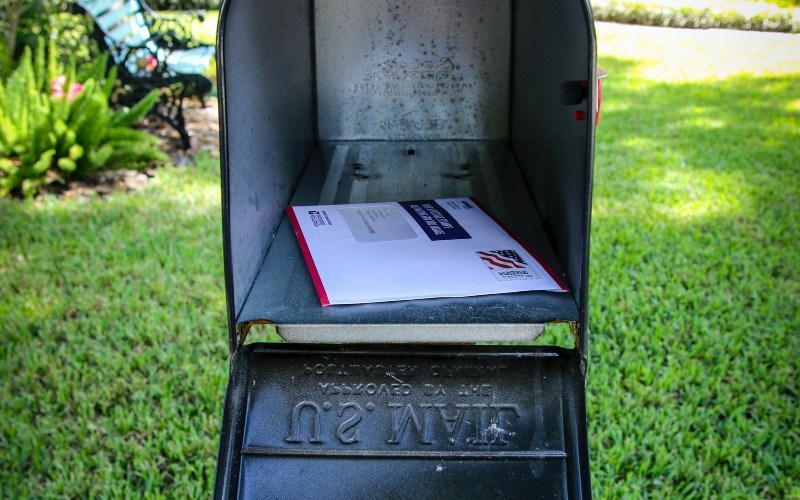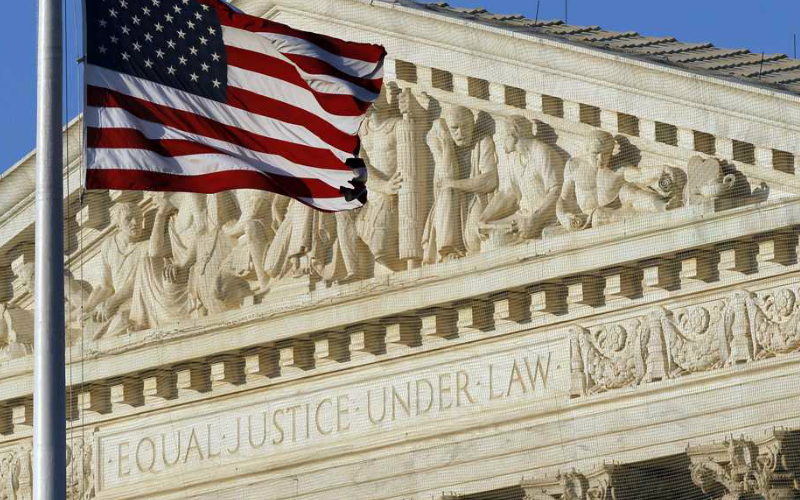In Groff v. DeJoy, the nation's highest court will address the issues of whether it should disapprove the "more-than-de-minimis-cost test" for refusing religious accommodations in a previous case, and whether an employer may demonstrate "undue hardship on the conduct of the employer's business" merely by showing that the requested accommodation burdens the employee's coworkers rather than the business itself.
The case involves Gerald Groff, who got a job at a Pennsylvania post office in 2012 so that he would have Sundays off work to observe the Lord's Day. One of his attorneys, Randall Wenger of Independence Law Center, says, "That job was perfect for him until the post office started delivering Amazon packages" on Sundays.
"He told the post office that he needed a religious accommodation, and at first, they worked with him. Everything was great because he's a hard worker," Wenger details. "He picked up everybody's vacation time, worked every holiday, worked every Saturday, [and] he would work more than one shift a day when it was needed. He was a utility player and made things work."
But things soon changed; the post office took away Groff's religious accommodation, and he was ultimately forced out of his job. His attorneys are pointing to the Civil Rights Act to show that Groff's rights were violated.

"The Civil Rights Act requires that employers reasonably accommodate religious employees unless it's going to create an undue hardship," Wenger explains. "It wasn't an undue hardship for the post office, because they made it work until they just decided not to."
Today's arguments are also expected to involve a case from the 1970s known as Trans World Airlines, Inc. v. Hardison. In that case, the Supreme Court ruled that the employer could discharge an employee who observed the sabbath on Saturday and that such an employee was not entitled to equal employment opportunity protection under Title VII of the Civil Rights Act.
"The rule is reasonably accommodate unless there is an undue hardship," Wenger reiterates. "Even though that's what it says, if there's anything more than the slightest burden, the employer doesn't have to help out. So it really then creates callousness to religious believers in the workplace."
He thinks the Civil Rights Act "requires us to do better than that in America."
The court's verdict in Groff's case could clarify the standard employers need to meet to deny religious accommodations throughout the country, altering and potentially strengthening protections for all religious workers going forward.







